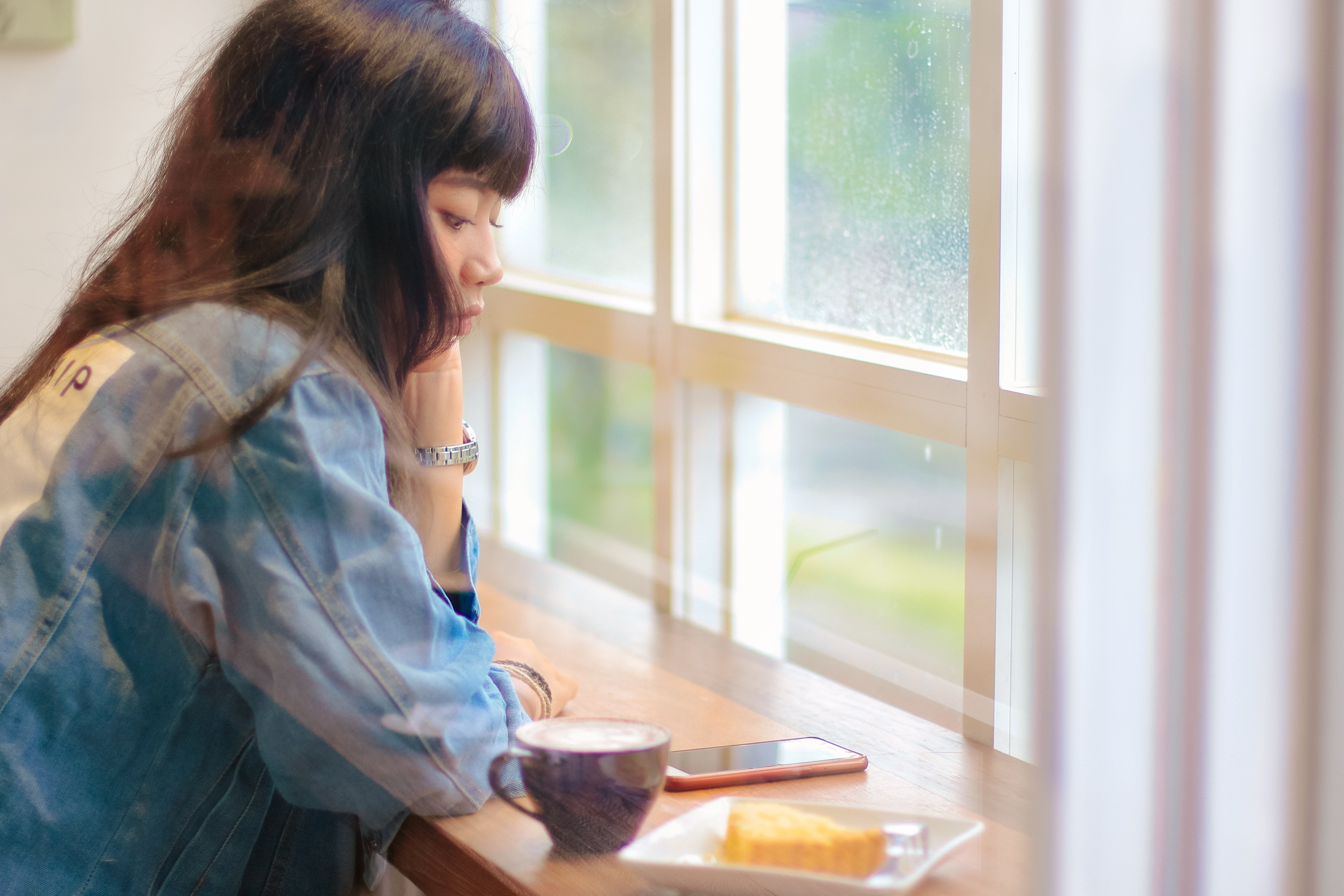It is Monday afternoon. I sit with my book beneath an enormous oak tree on the lawn outside of Peirce, the early October breeze rustling each page as I annotate furiously. Around me, bursts of laughter and frantic conversation mix with the chimes of the 4 p.m. bells ringing out across Middle Path. It is a scene stolen from a Kenyon admissions brochure: the sunlight dancing across the first golden leaves of autumn, and students embracing one another as they break off into duos and trios.
In moments like this, I grow increasingly aware of my solitude — the fact that I am alone in a field, using my tattered raincoat as a makeshift blanket, a novel my only companion. And yet, despite how an outsider might perceive my temporary isolation, I am content.
Prior to arriving in Gambier two short months ago, I had embraced my identity as a self-proclaimed ambivert — someone who could balance time between socializing or strengthening relationships and happily occupying a quiet space alone.
During my first few weeks at Kenyon, though, I quickly felt a profound change in my comfort level with the concept of being alone. As my classmates and I rushed through the chaos of orientation, the pressure to immediately make friends or gracefully settle into a social group felt inescapable. Clinging onto one another seemed necessary for survival as we navigated our unfamiliarity with the campus environment.
While I quickly met countless people and enjoyed spending time with them, differences in schedules and the unpredictability of my day-to-day life made it impossible to be around them constantly. Each time I walked to class alone, ate a meal alone or simply sat in a public setting by myself, I worried that my solitude suggested that I was friendless, miserable and failing at college life in general.
While these fears may sound ridiculous and illogical now, the adjustment from a high school or hometown setting — where many of us may have had multiple safety nets of comfort and support — into a foreign social landscape like college can be daunting. I worried that spending time alone would inhibit me from meeting people and taking full advantage of new experiences or events.
The Present Moment 2019 Wall Calendar: A Year of Mindful Living
Where can we find beauty, fulfillment, peace, and the ultimate riches life has to offer? In the present moment — the only one moment there is and ever will be. With The Present Moment wall calendar, evocative photographs and the inspirational words of twelve Sounds True authors — including Thich Nhat Hanh, Eckhart Tolle, Tara Brach, Rabbi Rami Shapiro, and Brother David Steindl-Rast — help us turn the mind toward the fullness of our experience, now and throughout the year. Every month offers meditation and guidance for mindful, healthy living.
As the weeks progressed and I settled into a more natural rhythm of college life, I quickly realized that absolutely nobody cared how or with whom I was spending my time. My insecurities stemmed from a place of imagined social norms that were actually nonexistent.
Alone time can be as natural and as necessary to your well-being as talking to a group of friends or going out to parties. Resting in my dorm room, letting my mind wander on the walk to class or working by myself at Wiggin Street Coffee allowed me to recharge and become more fully aware of my surroundings. I spent entire evenings playing guitar alone in the practice rooms at Rosse Hall and repeatedly wandered to Sunset Point; sitting in complete silence for half an hour each night as I watched the sun’s graceful descent below the horizon.
https://kenyoncollegian.com/opinion/2018/10/solitude-doesnt-entail-loneliness-despite-first-year-mentality/








